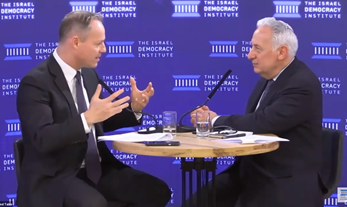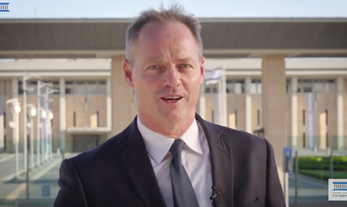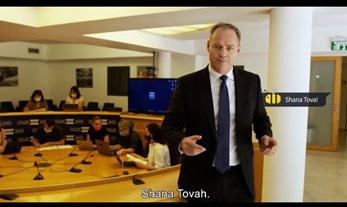

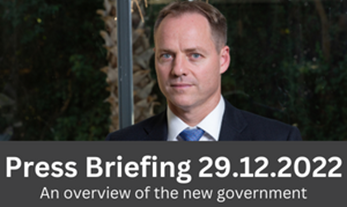
IDI's International Press Briefing with Yohanan Plesner
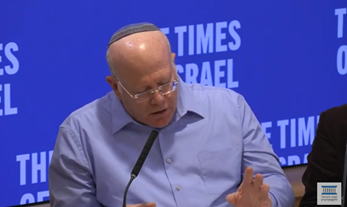
Prof. Amichai Cohen: a historical overview of Israel's current constitutional crisis
Prof. Amichai Cohen, Senior Fellow at IDI, the Center for Security and Democracy, provides an in-depth historical overview of Israel's constitutional crisis and the background to the currently proposed judicial review reforms, particularly, the "override clause".
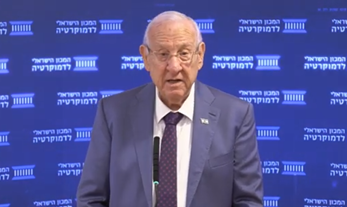
President Reuven (Ruvi) Rivlin Speaking at the Judicial Reform Conference 2022
President Reuven (Ruvi) Rivlin speaking at the Fix It Don't Destroy It Judicial Reform Conference at the Israel Democracy Institute, December 2022.
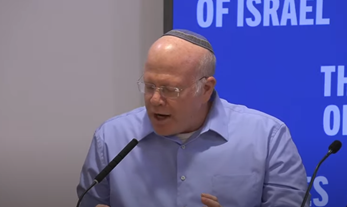
Israel's Judiciary: Reform or Ruin
Is Israeli democracy in danger?
Prof. Amichai Cohen, Senior Fellow at the IDI's Center for Security and Democracy and Adv. Shlomit Ravitsky Tur-Paz, Director of the Joan and Irwin Jacobs Center for Shared Society join in a lively discussion hosted by The Times of Israel, delving into all sides of the looming High Court override clause proposal.
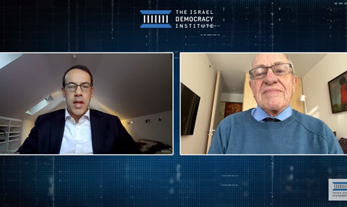
Prof. Alan Dershowitz in conversation with Dr. Jesse Ferris at IDI’s Judicial Reform Conference
Prof. Alan Dershowitz in conversation with Dr. Jesse Ferris at IDI’s Judicial Reform Conference 2022.
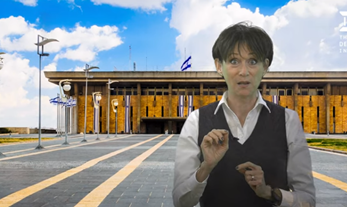
Prof. Suzie Navot Explains the Override Clause
Why is the override clause at the heart of the forthcoming coalition's agenda and how does this relate to civil rights in Israel? Prof. Suzie Navot, Vice President of the Israel Democracy Institute explains the role of the Supreme Court in Israel's democratic system in just over two minutes.
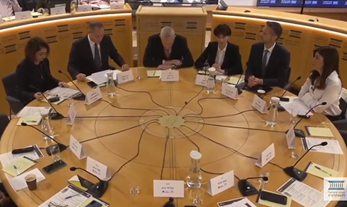
Security and Democracy Conference 2022 Summary Reel
Security and Democracy Conference 2022 Summary Reel with English Subtitles
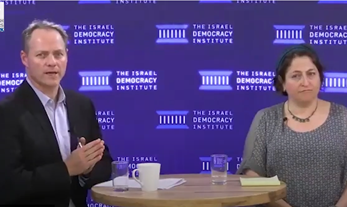
Israel's New Government - IDI - Jewish Funders Network
Israel’s new government has been sworn in and it seems that the electoral crisis of the last four years has come to an end. The last election saw the rise of the National Religious Party and the two ultra-Orthodox parties and their representatives are expected to hold key positions in the new cabinet. Join Israel Democracy Institute President Yohanan Plesner and Shlomit Ravitsky Tur-Paz, Director of IDI’s Joan and Irwin Jacobs Center for Shared Society, in conversation with Dr. Jesse Ferris, Vice President of Strategy, as they analyze what led to this election result and what it may mean for Israel’s future.
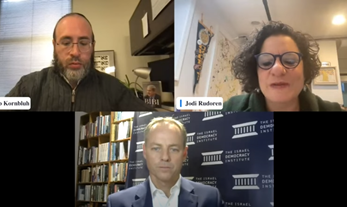
IDI - 2022 Israeli Elections Debrief
After five elections and several years of instability, Benjamin Netanyahu will soon be Israel’s prime ministership once again, backed by the most conservative coalition in the state’s history, with two far-right parties in his cabinet. What are the implications be for Israel’s judicial system, conflict with the Palestinians, international standing and relationship with the United States?
Yohanan Plesner, president of the Israel Democracy Institute, and Jacob Kornbluh, the Forward’s senior political correspondent, in conversation with Editor-in-Chief Jodi Rudoren to parse the election results and share behind-the-scenes insights about what the next government portends.
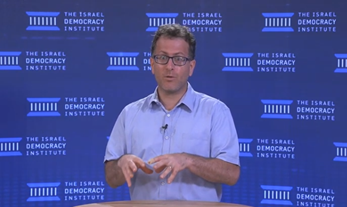
Election Results - How Are Votes Translated to Knesset Seats?
Despite a clear majority of seats in the Knesset for Netanyahu and his right-wing coalition, the number of votes cast in the 2022 elections in Israel was almost equal between the factions. How is this possible?
Israel's electoral process is one of proportional representation and includes a 3.25% threshold. Find out what role this played in determining election results and how it differs from the American electoral college system.
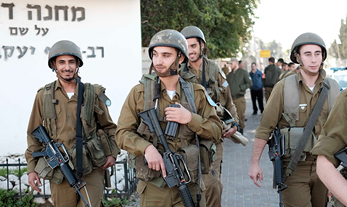
The IDF’s Greatest Challenge
Written By: Yohanan Plesner
The model underlying the IDF’s success is in grave danger - we must have the courage to change its outdated model of service
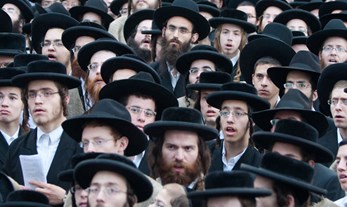
Two Wrongs Don’t Make a Right
Written By: Prof. Amichai Cohen, Prof. Yuval Shany
Even if we accept the argument that lowering the exemption age exacerbates existing discrimination, we should still assess the proportionality of this harm. Basic rights such as equality are not absolute, and are sometimes subject to restrictions in the face of a pressing public interest.
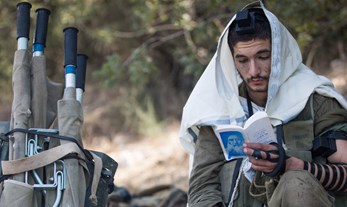
A Blow to the IDF as the ‘People’s Army’
Written By: Prof. Yedidia Z. Stern
A proposal by the panel appointed to investigate ultra-Orthodox enlistment to lower the exemption age defies multiple High Court rulings

What Really Lies behind the Rabbis’ Directive on Modesty?
Written By: Dr. Idit Shafran Gittleman
What really lies behind the most recent rabbinical directive on modesty in the IDF - and how does it pits religious soldiers against IDF's core values to the extent of risking insubordination.
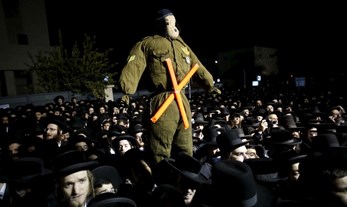
Ultra-Orthodox Service in the IDF: An Ongoing Struggle
Written By: Dr. Gilad Malach
The tension between the "military service for all" and "exemption for all" represents the tradeoff between the quest for equality and the existing political-social reality.
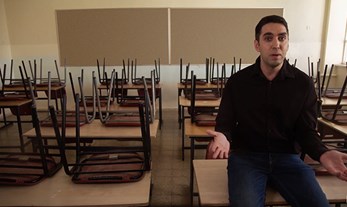
Vocational Training
Vocational training in Israel used to be a success story, but lack of funding and management has severely compromised its effectiveness. Dr. Eitan Regev explains how this in turn impairs productivity and wages and what should be done to improve this important program.

Ultra-Orthodox Education for Boys
Secular studies should be incorporated into the curriculum in ultra-Orthodox schools for boys, says Dr. Gilad Malach. It is vital to the future of Israeli economy and society and can be done without compromising Torah study.
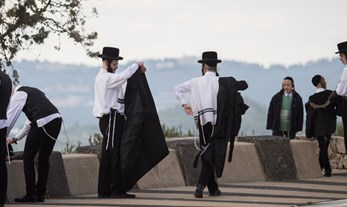
Ultra-Orthodox National Civic Service
Written By: Dr. Asaf Malchi
What is Wrong with the National Civic Service program for the Ultra-Orthodox and How to Reform It?
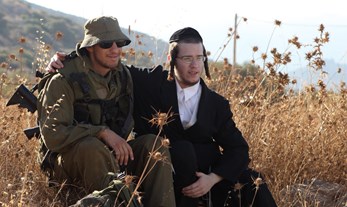
Climbing up the Socioeconomic Ladder: Military Service among the Ultra-Orthodox
Written By: Dr. Asaf Malchi
Even though military service seems to be one of the most blatant threats to the ultra-Orthodox lifestyle, it has become a rather attractive channel for broad segments of the community.
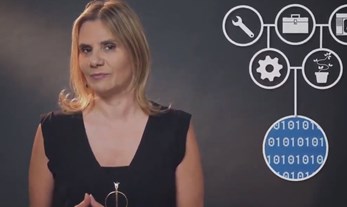
The Future of the Labor Market
The labor market is undergoing dramatic changes - is Israel ready?
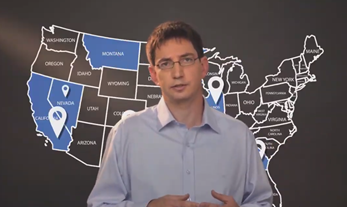
How Do We Choose Judges in Israel?
How are judges appointed in Israel? Who sits on the committee? And why is it so important to maintain the balance between judicial independence and democratic accountability in the appointing process? Tune in to learn more with Dr. Guy Lurie
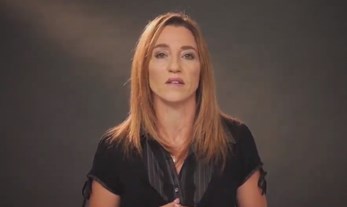
Improving the Work of the Ministerial Committee for Legislation
The Ministerial Committee for Legislation is one of the most important ministerial committees in Israel but is not required to function in a transparent manner - it is time to change that.

Citizenship and Military Service in Ultra-Orthodox Society
Written By: Dr. Asaf Malchi
More and more ultra-Orthodox (Haredi) Israelis are enlisting in the IDF, driven by personal, financial, and professional motives, with military service seen as an “entrance ticket” to Israeli society and to the labor market. But military service also introduces them to the shared components of identity and citizenship linking them to the state and its values, and enabling them to identify with others, from outside their community.

2018 Israeli Democracy Index
The new reality in Israel in 2018 is complicated. The Israeli public is divided into two political blocs—the Right and the Center-Left- and they are at odds with each other in their understanding of the essence of democracy. Nevertheless, it seems that the many Israelis who define themselves as “Centrist” may take on the new task of identifying a common denominator between these two groups.
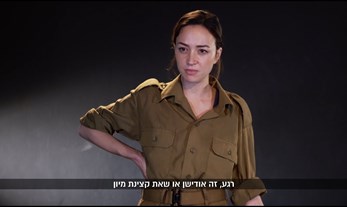
Culture Loyalty Law
In response to a proposal by the Minister of Culture to make government funding of the arts contingent on a ministerial assessment of loyalty to the state, a number of Israeli cultural icons came together to illustrate the absurdity of the proposal.
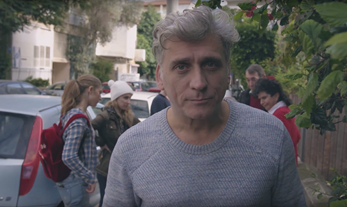
Israel Must Return to a Two-Bloc System!
The current parliamentary system in Israel is not too different from what happens at tenant meetings; it's almost impossible for decisions to be reached. With no clear majority, everyone looks out for their own narrow interests. The two largest political parties in Israel combined, don't even make up half of the seats in the Knesset, making Israeli politics a battlefield for the advancement of narrow sectorial interests. It's impossible to run a state like this!


